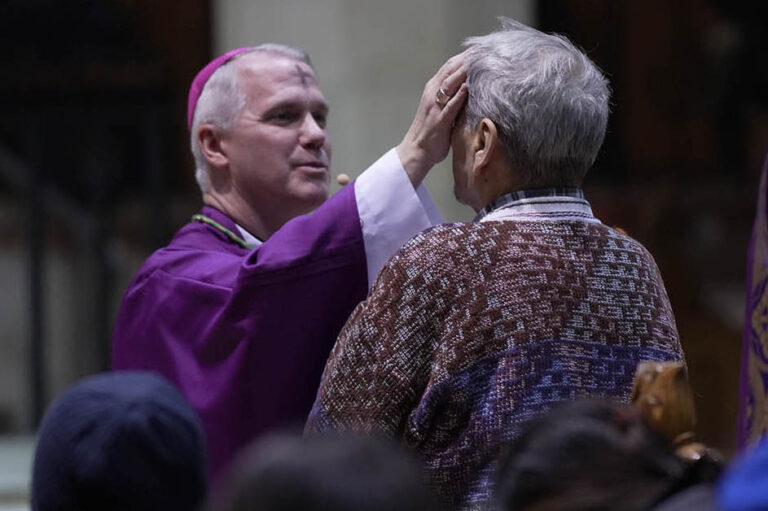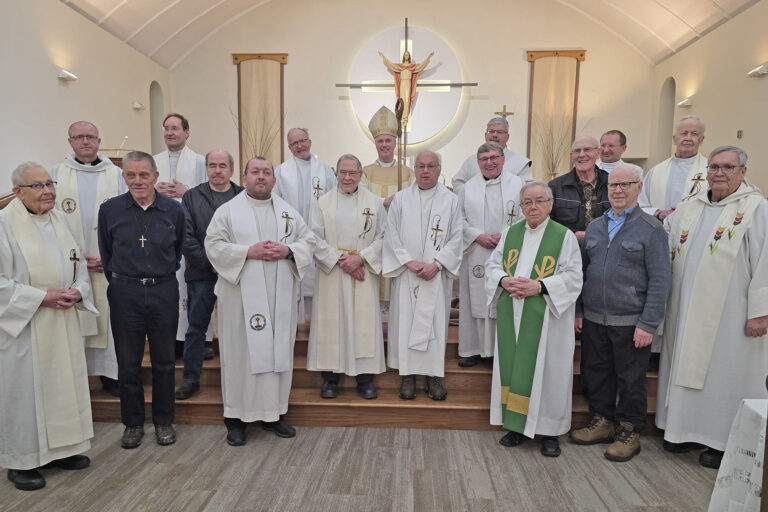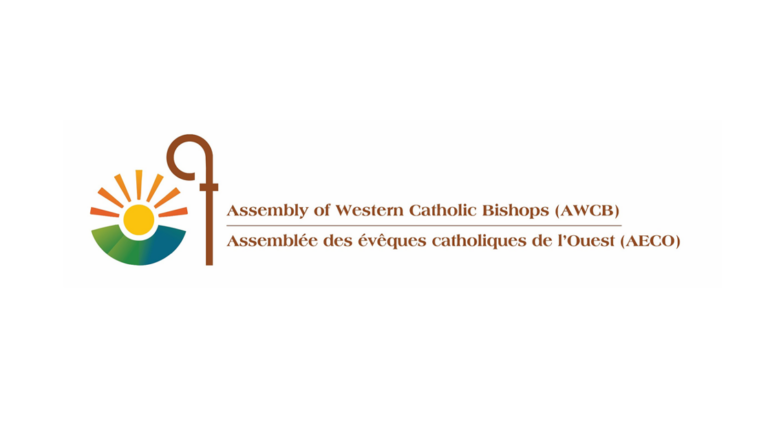Shared from National Catholic Register – World
While MAID accounted for 1% of deaths in Canada in 2017, the first full year it was allowed, the numbers had quadrupled by 2022.
Implementing the expansion of euthanasia for the mentally ill had been scheduled for March 17. However, Canada’s health minister, Mark Holland, stated that there are not enough psychiatrists willing to sign off on requests by mentally ill people who seek MAID. He acknowledged that health professionals need more training and said provincial and territorial governments “need more time.”
This does not mean the expansion of MAID is likely to end here, however. Dr. Moira McQueen, executive director of the Canadian Catholic Bioethics Institute (CCBI), shared with CNA that abolition of the euthanasia law is unlikely, and the Liberal government of Canada under Prime Minister Justin Trudeau is merely warning that the health system is simply not ready to take on cases of the mentally ill seeking death.
In 2016, MAID and assisted suicide were legalized in Canada. As originally written, the law allowed the practice for persons whose death was “reasonably foreseeable” and suffering from a “grievous and irremediable medical condition.” While the law prohibited the practice for cases of mental illness, it was amended in 2021 to allow persons with “grievous and irremediable” depression and other mental health issues to resort to MAID once implementation was in place.
Many disabled people who were not terminally ill but facing challenges unmet by Canada’s health system and veterans’ services, were offered MAID, according to the CBC. Canada now has the distinction of having the fastest-growing number of such deaths in world history.
“Implementation was delayed for two years to develop safeguards. These are not roving adequate and implantation is now delayed until 2027,” McQueen told CNA in an email. “The law would have to be revoked to forbid this aspect of euthanasia. It is highly unlikely that the government will revoke this amendment or MAID in general,” she continued.
McQueen said that provinces and territories “can regulate how and where euthanasia is administered but cannot declare it illegal. For example, Quebec is now allowing the procedure in funeral homes.”
McQueen, a lawyer who holds a doctorate in moral theology, is executive director of the CCBI and author of “Bioethics Matters: A Guide for Concerned Catholics.”
Professor Tim Stainton of the Canadian Institute for Inclusion and Citizenship at the University of British Columbia has previously defined Canada’s law as the biggest threat to disabled people since the Nazis’ eugenics program in the 1930s. An advocate for the disabled, Stainton shared his concerns with CNA that Canada could offer euthanasia to the mentally disabled as well as people with Down syndrome, and that the Dying with Dignity Canada lobby has sought to expand euthanasia to so-called “mature minors” without parental consent.
“Again, a complicated question; the government would say ‘no’ and generally there is a view that they could not legally consent, but that is not true in many cases,” Stainton explained. “We know there are people with developmental disabilities and autism being euthanized under the Dutch law, which is generally more restrictive and better regulated than Canada, so in my opinion there is definitely a risk here.”
Critics of MAID have pointed out alarming reports of disabled people applying for MAID because of poverty, squalid conditions in long-term-care facilities, homelessness, and lack of appropriate care. According to Canadian news outlet The Walrus: “It is sometimes the case that even if those applicants are approved for MAID based on their physical health, it may be their lack of financial and health care support that drives them toward this option.”
Stainton pointed to discussions in Canada’s Parliament to expand euthanasia for minors, even while there are no evident plans to legislate the process. However, Dying with Dignity Canada provided testimony to the Parliamentary Special Joint Committee on Medical Assistance in Dying (AMAD), which discussed the possibility of expanding eligibility to mature minors and people with mental illness.
While Canada was not specifically mentioned, in a 2021 report U.N. human rights experts expressed alarm about euthanasia being pushed on disabled people. “Disability should never be a ground or justification to end someone’s life directly or indirectly,” they wrote.
In a Jan. 27 article in the Toronto Star, psychiatrist K. Sonu Gaind of Sunnybrook Hospital in Ontario commented about the uptick euthanasia in Canada, saying he is worried about what it “says about our society.” Gaind and three other medical experts wrote a paper in July 2023 in which they concluded: “The Canadian MAID regime is lacking the safeguards, data collection, and oversight necessary to protect Canadians against premature death.”
The Leger polling group surveyed Canadian opinion in 2022 about Canada’s permissive euthanasia law and found the country was divided. Leger found that 51% of Canadians supported expanding euthanasia to mature minors, with 23% opposed and 26% unsure. The survey found 65% supported advanced directives in the face of a worsening cognitive condition, while 45% supported expanding euthanasia to individuals with serious mental health illness.
McQueen told CNA that there is a spiritual component of discussions over euthanasia in Canada, where Quebec is leading Canada in the percentage of MAID cases. She wrote that only 13% of Catholics in Quebec practice their faith on a regular basis.
“It’s more to do with the fact that we don’t really care what others do — it’s their business and everything is about ‘rights,’ autonomy, and choice. Framed in this individualistic mindset, it’s difficult for ideas about the common good or altruism to survive. Live and let live, die and let die!”
She wrote that the “culture of death” is taking hold in Canada: “I thank God for those who continue to believe ‘In God, we trust’ and who trust in that God who gives us life and asks us to hold it dear for everyone, protecting it from conception until natural death.”
Medically assisted death is legal in Belgium, Canada, Colombia, Luxembourg, the Netherlands, New Zealand, Portugal, Spain, and in parts of Australia. Passive euthanasia or the refusal of treatment or withdrawal of life support is legal in the U.S., U.K., European countries, and much of South America.
The Catholic Church has long advocated for palliative care, which allows accompanying sufferers with care and pain management that does not accelerate dying. Euthanasia and assisted suicide, the Church teaches, are affronts to human dignity and have always been, and always will be, morally unacceptable.
Citing the first chapter of Genesis, which affirms the intrinsic value of life, “regardless of ability or health,” the Catholic bishops of Canada stated in November 2023: “For these reasons, we, the members of the Canadian Conference of Catholic Bishops, unanimously and unequivocally oppose the performance of either euthanasia or assisted suicide (MAID) within health organizations with a Catholic identity. We oppose any efforts by governments or others to compel such facilities to perform MAID in violation of Catholic teachings.”The practice of euthanasia, they stated, would “deeply betray the identity of these institutions” and the “Church’s moral teachings on the sanctity of life and the dignity of the human person.”




